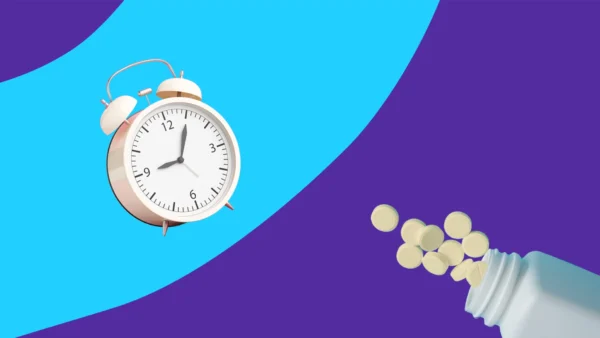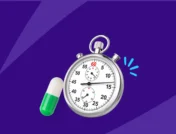Certain medications are nothing short of miracles for the patients who need them. Medications such as biologics, anti-rejection drugs, chemotherapy, and corticosteroids are life-saving for many patients, but like many treatments, these pharmaceutical marvels come with side effects. And at least one of these side effects requires some potentially significant lifestyle adjustments.
The side effect in question? These medications may increase your risk of infection.
In other words, the adalimumab, prednisone, vincristine, or tacrolimus you are taking may compromise your immune system. They are immunosuppressant drugs.
Sounds alarming, but what does it even mean?
What does it mean if a drug is an immunosuppressant?
“It means the medication has the potential to interfere with the processes in the body that prevent infection,” says Jeff Fortner, Pharm.D., an associate professor at Pacific University in Forest Grove, Oregon. He explains that this interference is what allows the medication to work.
How and why this happens depends on the particular drug, Dr. Fortner says. In general, however, the medication causes all or part of your immune system to “turn off” so that your body doesn’t go into attack mode, waging war against whatever it sees as a foreign invader.
Chemotherapy, for example, kills off white blood cells. White blood cells fight infection, so fewer white blood cells leads to an increased risk of infection, the Centers for Disease Control (CDC) explains. With biologic drugs like Humira, used to treat a variety of autoimmune conditions like Crohn’s disease and rheumatoid arthritis, only certain inflammatory receptors are impacted, specifically tumor necrosis factor alpha. Steroids and anti-rejection medications target T-cells, which are lymphocytes that control immune response.
“The anti-rejection [protocol] generally is just a blast to your system to suppress everything,” says Ramzi Yacoub, Pharm.D., the chief pharmacy officer for SingleCare.
Okay, so does this mean that if you are taking one of these medications you will fall ill every time you pass by someone with the sniffles? Or is it only the big stuff, like the flu or tuberculosis? Are you going to need to live in a bubble from here on out?
What are the side effects of immunosuppressants?
Fortunately, in most cases, an actual bubble won’t be necessary. However, it is extremely important to understand the ramifications of living with a compromised immune system so you can protect yourself and/or your immune compromised family and friends, says Ali Olyaei, Pharm.D., a professor and transplant pharmacist at Oregon Health and Science University in Portland, Oregon.
Side effects of immunosuppressant medications may include gastrointestinal problems like diarrhea, nausea, and vomiting. However, the most serious side effect of taking an immunosuppressant is the risk of infection.
That could mean catching every single bug your child brings home from school or the very real possibility that a flu diagnosis will land you in the hospital. You are also more likely to experience complications from foodborne illnesses, bug bites, and environmental hazards (like mold). Oh, and you know all of those recent measles outbreaks? You could be at risk, even if were up to date on your MMR before you started taking your new medication. Immunosuppressants also leave you at risk for very rare and difficult to treat infections, such as fungal pneumonias and certain types of lymphoma.
“You are stuck between a rock and a hard place,” Dr. Olyaei says, adding that your individual degree of risk depends on the medications you are taking along with many other factors (although one recent study indicated that for patients taking corticosteroids, every 5 milligrams increase in dosage correlated with a 13% increase in infection risk).
How to stay healthy while taking immunosuppressants
So, what is an immune-compromised person to do? Here are a few tips:
- Be diligent about basic hygiene procedures such as hand-washing. Everyone knows that hand-washing is the best thing you can do to avoid getting sick, but it is even more important for those who are immune-compromised and anyone who comes into contact with them.
- Make sure to wash fruits and vegetables.
- Avoid people who have active infections (don’t be shy about telling people to keep their distance, either).
- You may need to wear a mask at times (if you are on an airplane and people are coughing, for example), and it is also wise to avoid large crowds.
- Staying up-to-date on all of your vaccinations is extremely important.
- Adopt healthy lifestyle practices (get plenty of sleep, exercise, and eat a healthy diet).
- Be sure to wear gloves when dealing with things like pet excrement.
If you think you might be sick or show any signs of infection, call your doctor immediately. The wait-and-see plan that applies to so many other people does not apply to the immunocompromised population. This is especially true with fevers.
“If they have a high fever, they need to run to the emergency room so they can see a healthcare provider,” Dr. Olyaei says.











